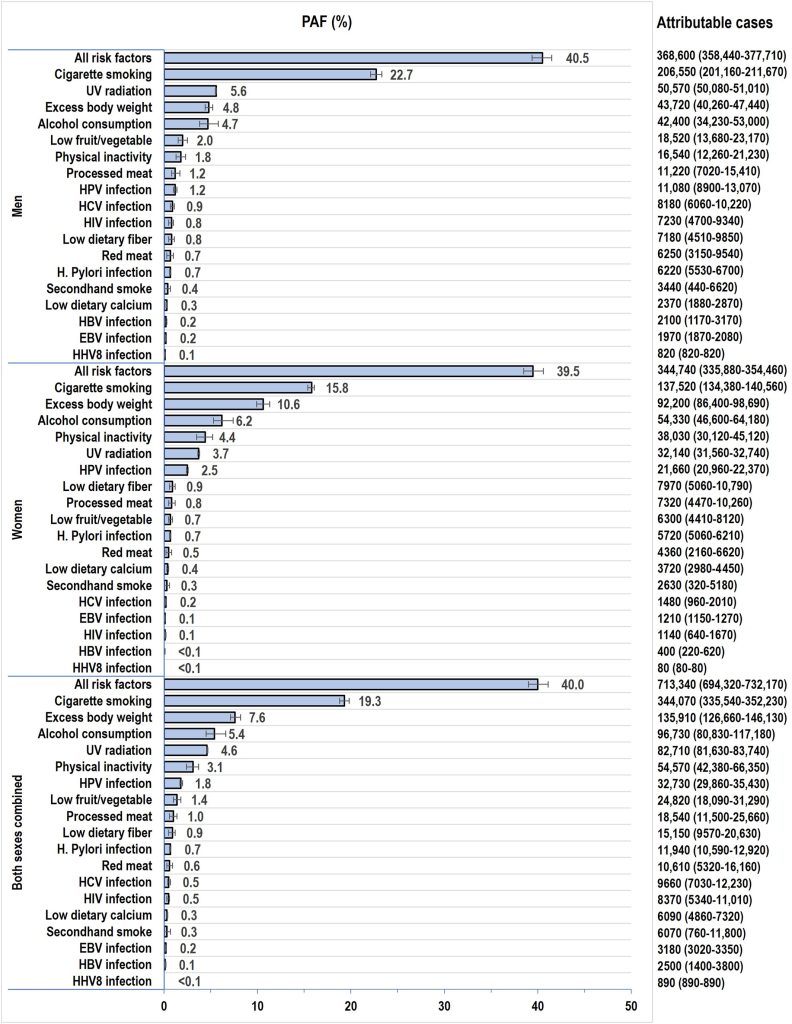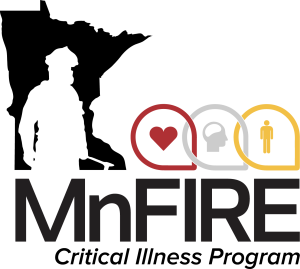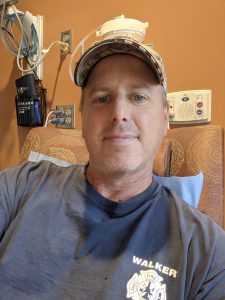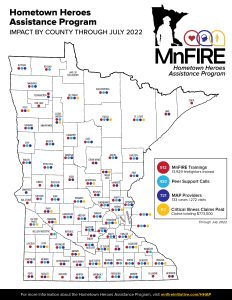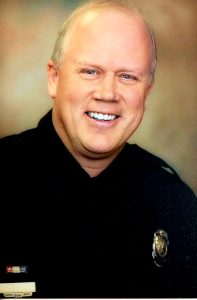Stacy-Lent volunteer firefighter Eric Coen felt “major stress” when he was diagnosed with throat cancer in 2024.
“I had chemo once a week, radiation five days a week,” said Coen. “And then you get home and you go, ‘What am I going to do?’”
After noticing a lump in his throat, followed by swollen lymph nodes that wouldn’t go away, Coen made a call to his doctor. Nine weeks and dozens of tests later, he received confirmation that he had throat cancer that would require extensive radiation and chemotherapy treatments.
It was a lot for Coen and his wife to unexpectedly process. They were told he could experience pain, weight loss, difficulty speaking and damage to his teeth. He knew he was in for a demanding journey and would need to be fully focused on his treatment plan, so Coen stepped away from his day job and filed for short term disability.
“It felt grueling, every 30 days you’re doing more paperwork and more phone calls. And it’s just stuff you don’t want to have to deal with,” said Coen. “But help from MnFIRE was one phone call, one form that I sent in. And a few weeks later, I received a check in the mail.”
Coen learned about the critical illness benefit through a Hometown Heroes Assistance Program flyer displayed at his fire department. With the Stacy-Lent Fire Department being volunteer-based, there are no health benefits or an EAP available for those firefighters. That’s the case for 97% of departments across the state of Minnesota.
Coen says applying for MnFIRE’s up-to-$20,000 critical illness benefit was the easiest part of his cancer journey.
“It’s an amazing program. I don’t know how else I can say it,” said Coen. “MnFIRE probably saved my home.”
Now in remission, Coen has returned to normal life, focusing on his health, regaining strength and, once again, volunteering with the Stacy-Lent Fire Department. He takes every opportunity available to share his story with fellow firefighters, along with the importance of prioritizing health and wellness and using MnFIRE’s resources.
“It was mind boggling that it was that simple. I tell everybody that I know, ‘Use MnFIRE,’” said Coen. “It’s a massive benefit that you don’t realize you have until you need it. And if you need it, you’re going to be glad they run it.”
Critical Illness Program details
As part of the Hometown Heroes Assistance Program, all active Minnesota firefighters are automatically enrolled in a statewide critical illness insurance policy which covers diagnoses of cancer, cardiac, PTSD and other critical illnesses, and provides a lump-sum cash payment up to $20,000 to assist with expenses like medical bills and travel costs to and from specialist visits. To be considered eligible, a firefighter’s diagnosis must have occurred while they were an active firefighter, and they have one year from the date of diagnosis to file the claim.
For more information or to file a claim, call 888-784-6634 or visit securian.com/mnfire-insurance.

